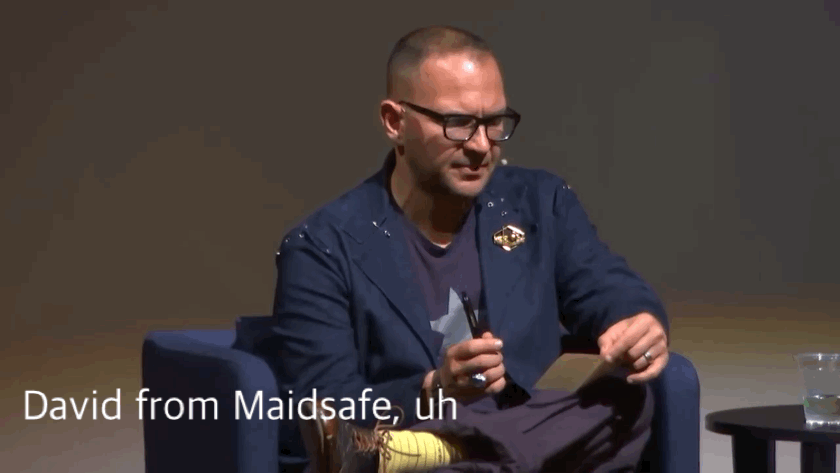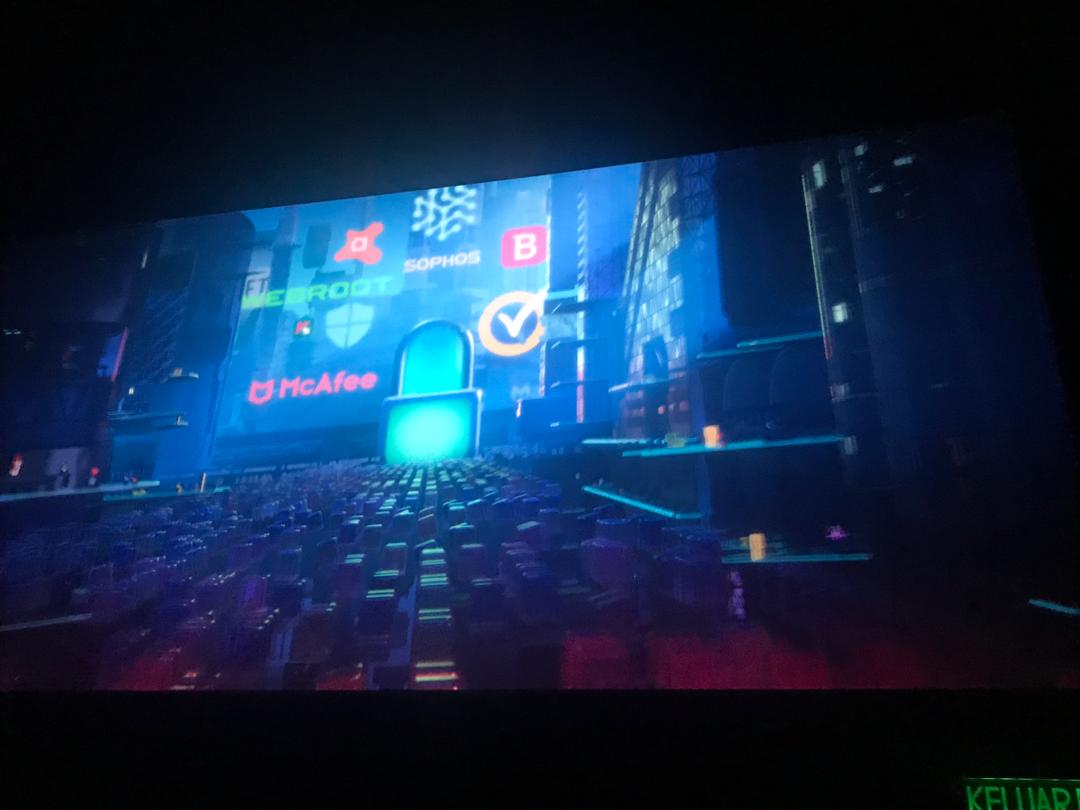It’s been an interesting week so far in the cryptocurrency community. At least, if the price of cryptocurrencies counts as one of your interests.
Headlines proclaiming a ‘Bitcoin bloodbath‘ have proliferated and certain websites have been freely updated with tales of impending doom. Meanwhile, the older hands in the Bitcoin (and the wider cryptocurrency) community have taken the downturn in price in exactly the same way as every one of the many (many) previous times – with increasingly vocal exhortations to buckle up and HODL…
I headed along to BBC Scotland this morning to give my thoughts on the business section of Good Morning Scotland over breakfast. I hadn’t been on the radio for quite a while and I’m not embarrassed to say that I still get a huge buzz from being on the radio. But, alas, 4 minutes is far too short a time to put across my thoughts coherently in any form of comprehensive response to the current price volatility.
Or at least: it may have sounded coherent – but I always end up thinking about just how many explanations I didn’t have time to go through that I would loved to have put out there to trigger a response (positive or negative) in those otherwise more focused on their daily consumption of cornflakes across the nation.
But let’s sum it up here. I remain hugely bullish about Bitcoin as a technology and as a rapidly accelerating (although not in any way guaranteed) store of value over the next couple of years in particular. It may, of course, fail. But if it does, it will return, in some way, shape or form – because the world now has a mental model for how an independent currency can bootstrap itself in an incredibly fast period of time outside the control of nation states.
As for the thousands of other cryptocurrencies: I’m convinced many of these will also be successful. However, at this early stage, I’m even more convinced that the signs are strong that many will not be.
And if you had to guess which ones fall into the latter camp, it doesn’t take a particularly sharp intellect to suggest that the group is probably going to have more than its fair share of representatives from projects that raised multiple millions of dollar in a 2017 ICO – a result of an almost perfect storm where we’re seeing:
- a globally-distributed, 24-hour community of increasingly upset and abusive investors in the original ICO for whom delivery delays are unacceptable – with such delays being inevitable due to the vastly complex goals of many projects that in some cases were only imagined a couple of years ago (in which development is only now just starting in earnest);
- inexperienced teams building crypto startups (traditionally a stage of company growth with a very high failure rate) that are also taking on far more regulatory and legal risk than is normal in the otherwise precarious startup world – (i.e. if you want to try raising the stakes, try messing around with other people’s concept of money before they’ve had the chance to apply their rules to raise any possible barriers to harmful competition against them);
- founders for whom the incentive to slave away under extreme duress for the next decade or so has been removed – life-changing money has instead landed in their accounts at the start of the journey as opposed to at the end, so no more waiting until after a decade of hard slog to achieve a liquidity event (via an IPO or sale for example).
Now, to be clear, I remain hugely positive about developments, a large number of projects and the general direction of travel. But it’s important that the public aren’t being misled by headlines here that do nothing to change the progress that is being made, by very many teams of individuals, all around the world.
My point here really is the same as it has been for a number of years now – that the money is not the story here. The focus remains as it has always been – on the technology and what it means to us all. The ability to coordinate human activity on a massive, global scale by the evolution of new incentivisation methods that spreads both knowledge and helps with the building of infrastructure that will push society towards a more equitable world of direct, peer-to-peer interactions.
It’s important that we all, each of us, gets involved so that we don’t inadvertently let others create a system in which we lose the power to innovate. And for those whose involvement goes no further than speculation on the price, so be it.
Because price is the best gateway drug there ever was to lead the masses on to the technology that really has a chance of changing many lives around the world – and for more than just those who dreamed they’d make a killing in a bear market.


